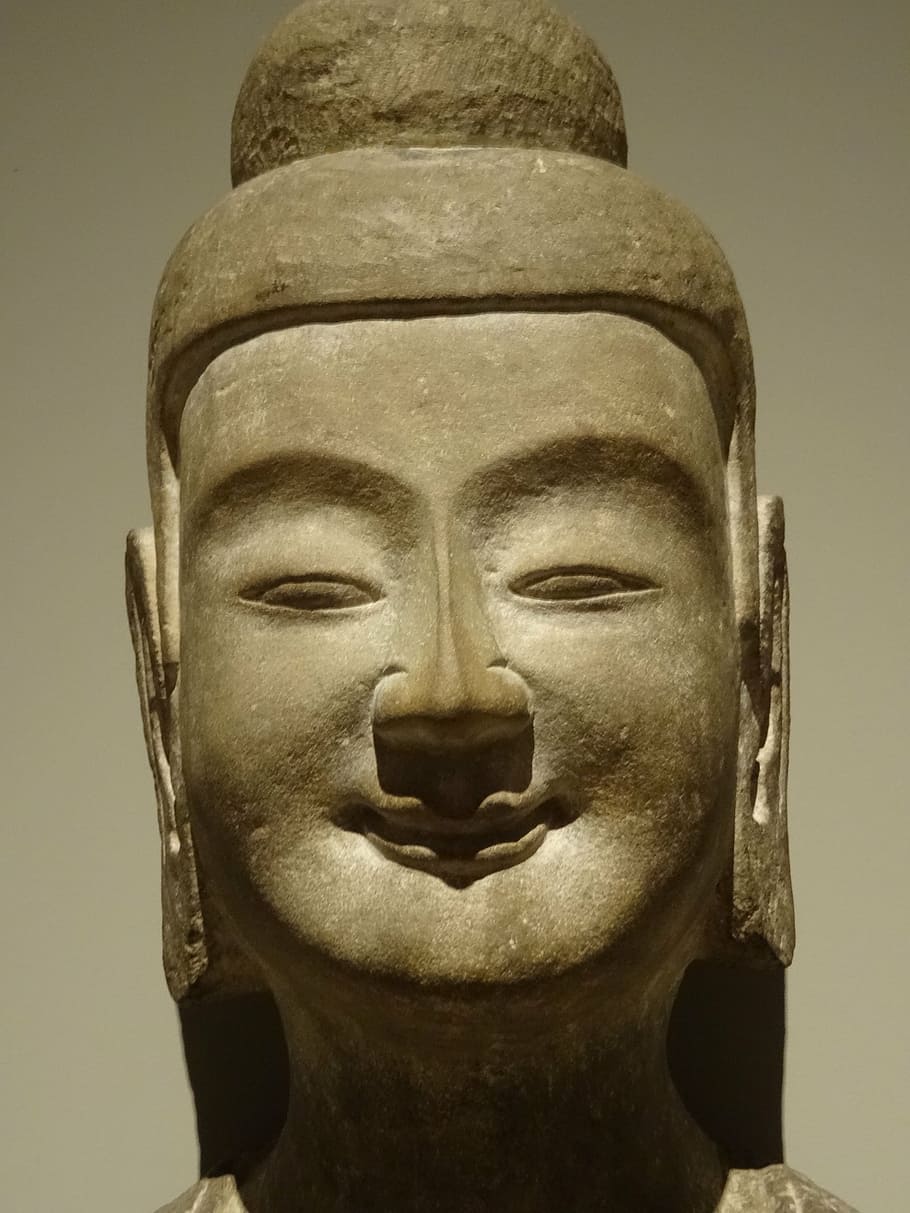You can never be satisfied if you are not satisfied NOW. One reason for this is that there is no future, no past, no present just NOW, And every feeling, emotion, and dissatisfaction is just the changes in NOW. So if you're not satisfied now, you can never be satisfied ever again.
Another reason is that our life will not change as drastically as we think in our imagination, even after we achieve whatever we want, or whatever we think will change our life. There will be changes, but they seem tiny and small over a period of time.
So, learning to be completely satisfied with now and not relying on your hopes for the changes in now is the most important skill.
And understand this, that there might be a kind of FOMO (fear of missing out) we will always have, and it's not an unrealistic one. Like, if we choose to do business, we are automatically negating all the other possible career options, And it can be applied to any other aspect of life, like marriage. If you get married to one then you negated all the other women or men. Yeah, there is always something that you will miss out on. Rather, 99.999999999% or more of things you'll miss out. And that's how life is.
So it's fine if we don't become something we want to. It is okay if we don't do something we wanted to. It is fine if it did not get a person of choice, because most probably those options are just infinite in our minds. In reality, they are more or less the same as any other option. So completely get satisfied with NOW.

Comments
Post a Comment